Blog
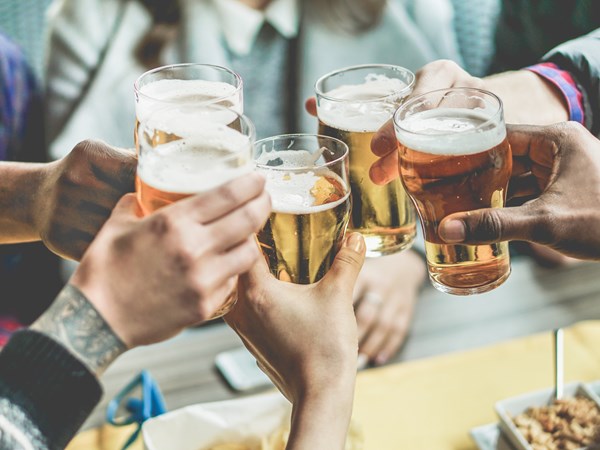
When Ludwig Zamenhof invented Esperanto in 1887 his goal was for humans to communicate in a common language so peace and international understanding could be fostered regardless of regional or national tongues. Perhaps he was not aware that a lingua franca already existed and it is called beer.

When tasting beer describing it as having coffee, treacle, and liquorice flavours, or crisp and light body with subtle herbal aroma and soft biscuit malt character is not unusual now but before the mid-1980s there was no tasting vocabulary for beer.
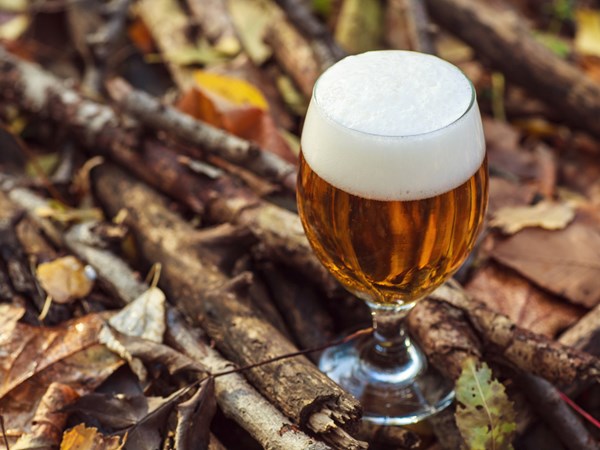
Barrel aged beer – three words that shiver my timbers! I still remember distinctly the first time I had Innis & Gunn Oak Aged Beer (now known as Innis & Gunn The Original). As befits a beer brewed in Scotland, it was matured in former whisky barrels.

The FoodTalk Show is announcing a special collaboration with well-loved membership organisation Produced in Kent, which champions local produce and is the voice of food and drink in Kent.
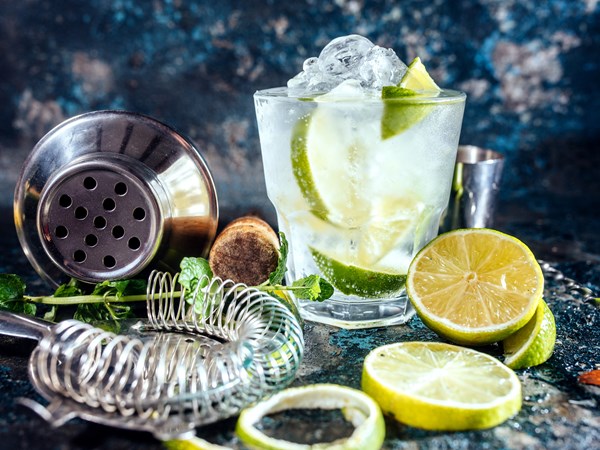
Who invented gin, one of the most beloved alcoholic drinks in the world? No-one did because it evolved from something else. That’s why the question where was gin invented cannot be answered either.

After the pandemic halted our broadcasts we're back on air again from 25 October, with a new presenter line up and the usual mix of brilliant guests.
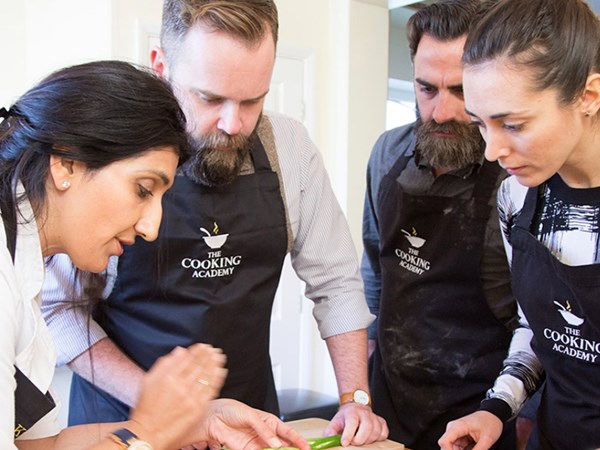
In February 2020 it was announced that ITV had renewed it’s I'm a Celebrity series for two more years to keep it on our screens until 2022. The twentieth series of the show is being held in North Wales and not Australia due to COVID-19 travel restrictions and will go out later this year. I'm a Celebrity is often a ratings winner for ITV, attracting on average over 9 million viewers each series.
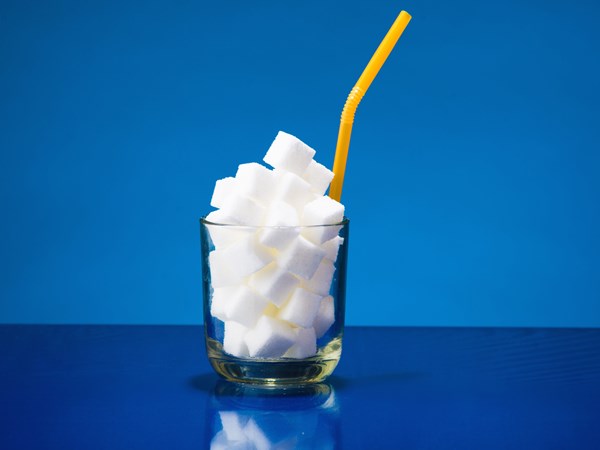
The industrial revolution that started around 1800 was a major turning point in our history. We invented wide scale industrialisation and almost every aspect of ordinary people’s lives was affected. By the mid-eighteenth century, Britain was the world’s leading commercial nation with a trading empire that literally spanned the globe.
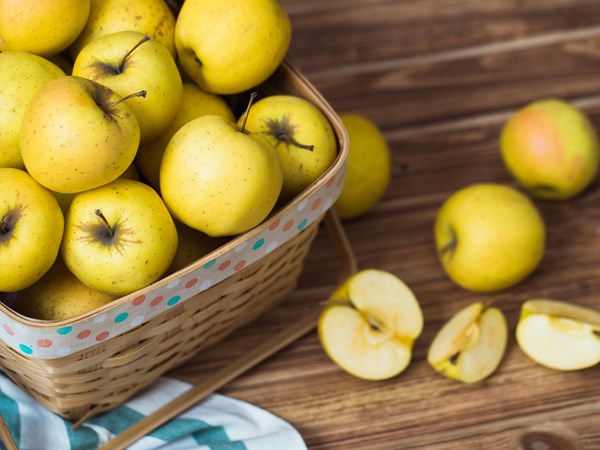
It irritates me so much that we have some fabulous, traditional fruits, and yet when the appropriate season arrives, the supermarkets are full of products from countries as far away as New Zealand and South Africa. Yes, even in covid-19 land. How does this happen?
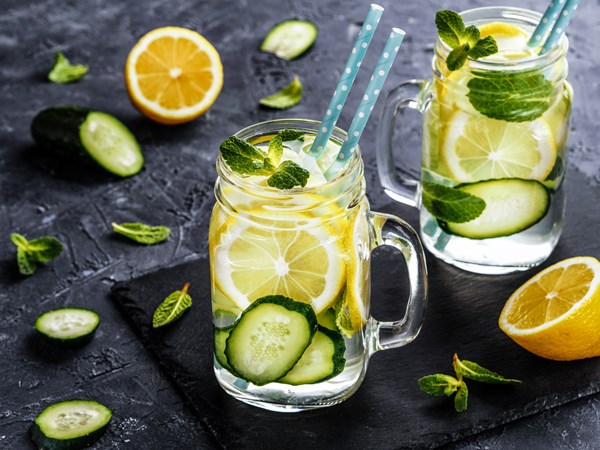
As we all know, enforced social distancing has drastically changed everything about our old shopping habits and behaviours. All retailers are working out how to keep their staff safe, rearrange their floor space, how they serve customers and how to take payment.
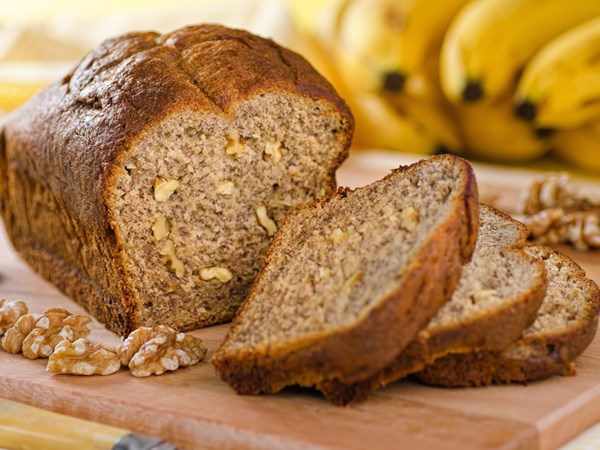
I never quite believed that our shopping habits and retail environment could radically change, but in just a few short weeks everything is different. There is now a real appreciation of the independent sector and its role in the local community and the majority of consumers understand that worker safety is a justifiable priority.

As I write, the dreadful scourge of coronavirus has taken 4,300 lives, with deaths on course to double every day until it will flatten out and presumably diminish. Meanwhile our shopping habits and enforced social distancing when in a retail environment, have drastically changed in a way that I never thought possible.

The Food Standards Agency recently announced that CBD (the non-addictive active ingredient derived from cannabis), does not fall under the scope of the Novel Foods Schedule. That is to say, CBD was not consumed “significantly” prior to May 1997 and so it will be considered a novel food.
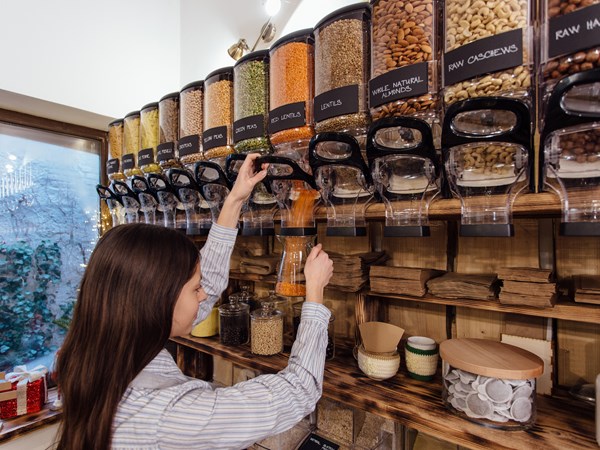
Never before has the future of our planet been such a hot topic (sorry about the pun). It used to be the preserve of eco-warriors and well-meaning environmentalists, but now the message has firmly stuck that this is everyone’s responsibility at the most basic level.
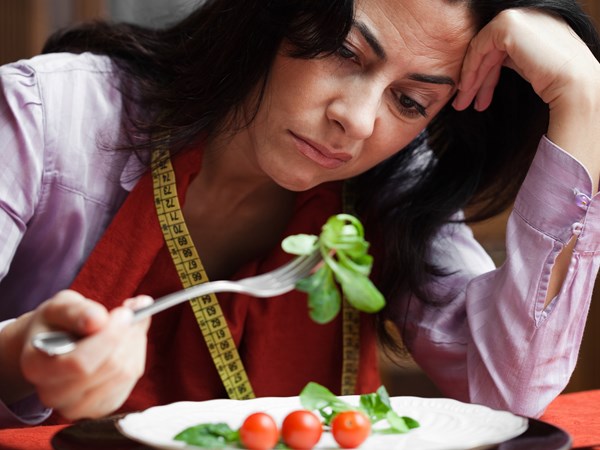
The celebrations have finished, pulled turkey made into a curry for the freezer, wrapping paper recycled, unwanted presents donated to charity or put on eBay. The house is tidy once again, but the feeling of overindulgence and bloated stomach persists.

A lot has been written about Cannabidiol (CBD) recently in the media. You may have seen it as an add-in booster to smoothies or coffee, or as creams, oils, tinctures or sweets. But what exactly is CBD and why is it suddenly so popular?
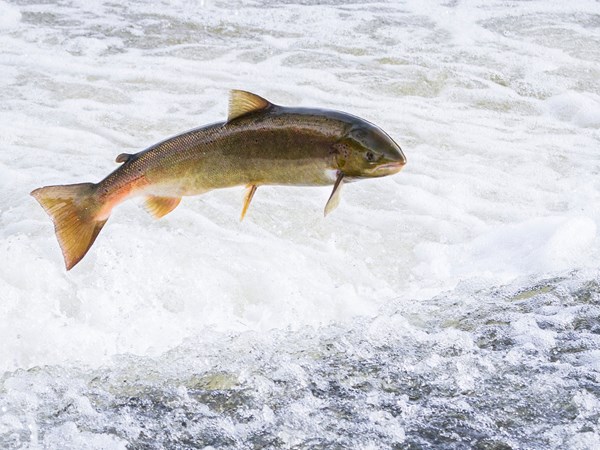
For centuries fish was the mainstay of families living along coastlines and on rivers, caught and eaten immediately or preserved by potting in butter or by smoking or salting. As we know, oily fish has been linked to many health benefits, including a lower risk of heart disease, improved mental ability, protection from cancer, alcohol-related dementia and rheumatoid arthritis.
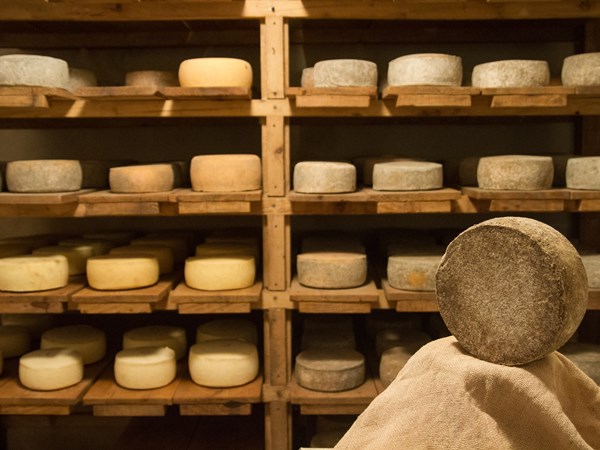
British cheese-making has become the best in the world. Cheeseboards used to be a byword for a spread of well-known French cheeses, but now a selection of award-winning innovative cheeses from around the British Isles is the default. At last!
